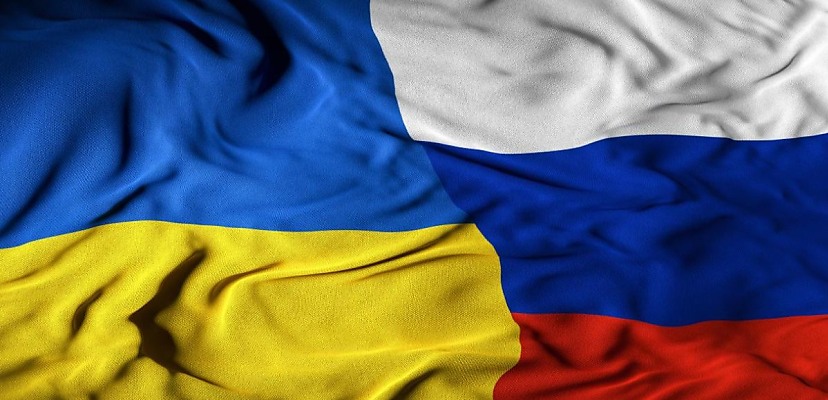The Ukrainian Main Directorate of Intelligence (HUR) has claimed responsibility for a cyber attack against the Russian Central Election Commission (CEC).
In what the HUR is calling “cyber revenge”, the cyber attack was launched to coincide with Russia’s unified voting day, which included voting in illegally annexed Ukrainian territories, including “regional head elections” in Sevastopol, located in Crimea, which was illegally annexed in 2014.
Other elections included the appointment of 11 regional assemblies, 21 governors, and roughly 47,000 municipal leaders.
The cyber attack was reportedly in response to the elections held in Ukrainian territories, according to the HUR.
“The goal was to disrupt online voting, particularly in occupied Ukrainian regions,” the HUR said.
The distributed denial-of-service (DDoS) attack disabled CEC internet connectivity, preventing Russians from voting electronically in mayoral and gubernatorial elections.
The CEC acknowledged the cyber attack, with chief Ella Pamfilova saying that a “major hacker attack” against the CEC led to internet outages at its headquarters. The CEC said that voter turnout reached 47 per cent, equating to roughly 26 million voters.
The war in Ukraine has been plagued by tit for tat cyber attacks, with both Russia and Ukraine launching cyber attacks and then responding with similar breaches.
In late 2023, a cyber attack on Ukraine’s Kyivstar telco left 25 million Ukrainian customers without mobile and home internet services.
However, in January 2024, Ukrainian hackers responded with a cyber attack on Russia’s M9com telco.
“Hackers from the Blackjack group, who are likely related to the SBU [Security Service of Ukraine], hacked the Moscow-based internet service provider M9com and destroyed its servers,” law enforcement sources told Ukrinform.
The source added that the hackers deleted roughly 20 terabytes of data, including M9com’s official website, mail server, cyber protection services, the websites of M9com’s branches and more, the result of which left a large portion of Moscow’s residents without TV or internet.

Daniel Croft

